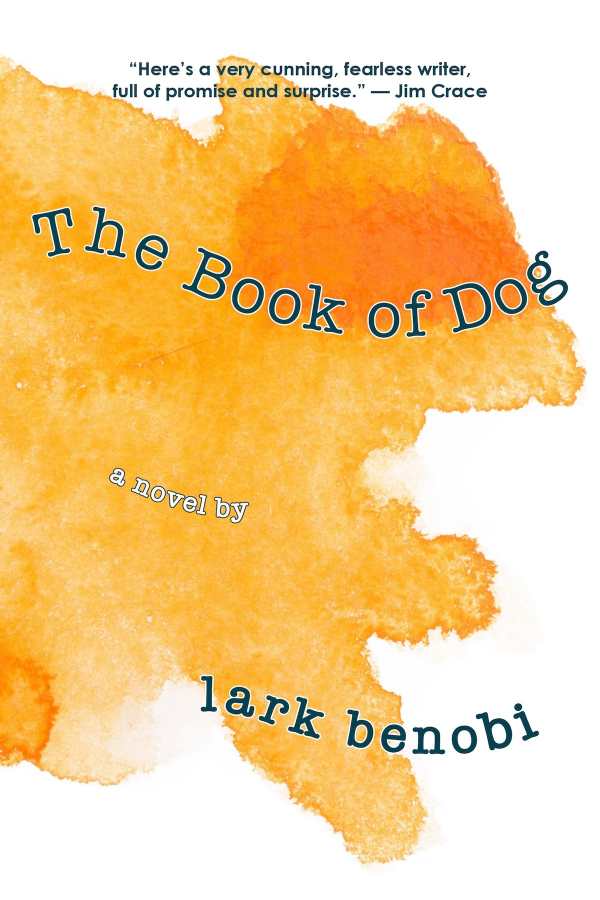The Book of Dog
Lark Benobi unabashedly takes on modern politics in all its bestial madness in The Book of Dog, celebrating the joys of womanhood, diversity, and the wonders of nature.
The apocalypse arrives in California via a yellow puffball mushroom cloud that rises from the Mexican border to blanket the planet. Code-named Agent-T, the cloud turns women into beasts and men into conservative and religious fanatics who denigrate women.
On the same day, a pregnant teenager, Stella, runs away from her aunt’s home and travels to Nethalem to find Lix Tetrax, her baby’s father—alternatively known by the names Lucifer, The Ruler of the Free World, and the seven-headed beast. Stella befriends five women-turned-beasts along the way: the physically deformed Margie; a down-on-her-luck waitress, Wanda; a marine officer, Eureka; an undocumented caretaker, Mary; and the poverty-stricken Josefina. Together, they attempt to stop the seven-headed beast from enacting his malicious agenda.
The story is told from the alternating viewpoints of the six women. Their origin stories arise from social, economic, religious, or cultural grievances that play a significant role in their bestial transformations and serve as cleverly constructed metaphors for current affairs. Religious imagery of angels and beasts represents the dividing duality of politics.
The story, which begins in verse, flows effortlessly with concise writing and comedic lyricism. Short sentences are interspersed with longer, stream-of-consciousness passages from the characters in their animal forms: “Even after having lived a mediocre life full of sorrow … you have stayed together through it all, still keeping faith in what it means to love, and be loved.”
The book’s simple, childlike sketches are interspersed between chapters and add to the fantastical ambiance. Images provide clues to each woman’s transformation. Depictions of Stella in free-flowing, form-fitting, belly-baring t-shirts are comical yet subtly deliver a message about male domination and male chauvinism.
The Book of Dog may be a crazy kitchen-sink satire of modern politics, but it is also a triumphant tale about marginalized people who work together to effect the greater good.
Reviewed by
Nancy Powell
Disclosure: This article is not an endorsement, but a review. The publisher of this book provided free copies of the book to have their book reviewed by a professional reviewer. No fee was paid by the publisher for this review. Foreword Reviews only recommends books that we love. Foreword Magazine, Inc. is disclosing this in accordance with the Federal Trade Commission’s 16 CFR, Part 255.

